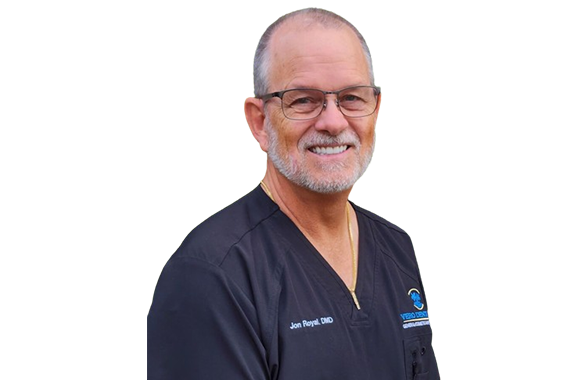Why Root Canal Therapy?

Root canal therapy is a dental procedure used to treat an infection buried within the center of a tooth – an area known as the root canal. This is caused by a few different reasons, including:
Root Canal & Root Canal Treatment
The root canal area contains the soft tissue at the tooth’s center (known as the pulp) and extends between the tooth’s crown to the very end of the root. A common misconception is that a single tooth only has one root canal. In fact, a single tooth can have multiple root canals!
The tooth’s pulp contains blood vessels and nerves and can quickly die when attacked by bacteria. The mouth is a perfect breeding ground for bacteria, so they can quickly multiply and eventually pass out the end of the root canal through the tiny hole where the blood vessels and nerves enter. Once it’s reached this point, nothing can stop the bacteria from spreading and causing further issues such as dental abscesses. This can cause your whole face to swell and become extremely painful.
When Should Root Canal Treatment be Carried Out?
Root canal treatment is necessary when the pulp has become damaged by a bacterial infection. Although x-rays may be used to determine if damage is present, there are many other symptoms of a pulp infection, including:
Quite often, these symptoms disappear once the pulp has died. However, this means the infection has spread into the root canal system. It will be a matter of time before other symptoms develop, including:
How to Deal with an Infection
Unfortunately, the pulp within your tooth cannot heal itself, and leaving the infected tooth in your mouth may make the infection worse. Root canal treatment is the only method of dealing with it – otherwise, your only option is to have the tooth removed entirely.
Many people wonder why they aren’t prescribed antibiotics for pulp or root canal infections. This is because the active ingredients within the antibiotics can only work if they can reach the site of the infection through your blood. Antibiotic treatment is no longer possible if the bacteria have killed off the blood vessels,
Root Canal Procedure
The procedure for a root canal is straightforward and performed under local anesthetic. You should not feel any pain.
What if Root Canal Treatment is Unsuccessful?
There are times when a root canal treatment is unsuccessful in treating an infection. In these instances, Vero Dental Spa can advise you further on other options, like dental implants.

Get Your Complimentary
Consultation or 2nd Opinion
- Exam
- Full mouth X-ray
- Private Consultation with Doctor ($350 value)
- 3036 20th St,
Vero Beach, FL 32960 - (772) 778-5550
Working hours
- Monday: 8am - 5pm
- Tuesday: 8am - 5pm
- Wednesday: 8am - 5pm
- Thursday: 8am - 5pm
- Friday: 8am - 1pm
- Saturday & Sunday: Closed
